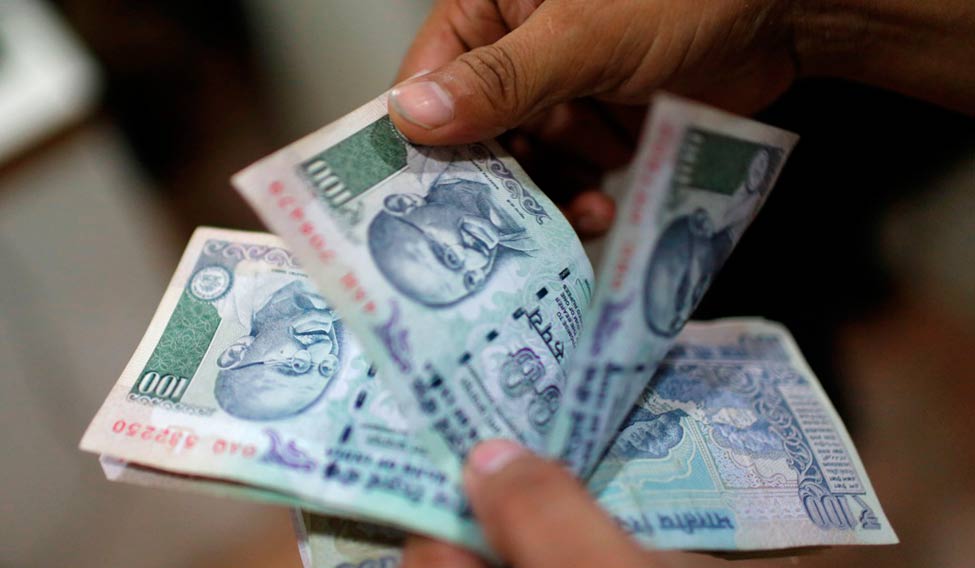India should bring down corporate tax rate to 25 per cent, introduce inheritance tax and provide certainty in rules, said global think-tank Organisation for Economic Cooperation and Development (OECD), adding that demonetisation will benefit the economy in the long run.
In its Economic Survey of India, the think-tank said comprehensive tax reforms, especially the goods and services tax, "would lift all boats" and raise revenue, helping the government to effectively deal with high poverty rate.
Observing that poverty is still high despite growing prosperity, the survey suggested that living conditions across the states could be improved by focusing on farm output, urban infrastructure, liberalised product and labour market.
"A comprehensive reform of property, personal income and corporate taxes is needed to complement the GST reform. It should aim at raising more revenue to fund social and physical infrastructure in a way that support economic growth, promote social justice and empower sub-national governments to better respond to local needs," the survey said.
It recommended "gradual reduction in the corporate income tax from 30 per cent to 25 per cent while broadening the tax base and providing certainty regarding tax rules and their implementation".
Among other things, it suggested eliminating tax expenditures that benefit the rich most and freezing of the income thresholds for levying taxes.
Noting that wealth in India is extremely concentrated, the OECD made a case for introduction of inheritance tax with a high exemption threshold and raising the scope for property tax.
"There is also scope to raise more revenue by less distortive property taxes. Raising more revenue from recurrent property taxes would require granting municipalities more power to implement them and set tax rates, and establishing up-to-date property values," the OECD said.
The government plans an ambitious base-broadening and rate-reducing tax reform under which the tax rate for resident companies will be lowered to 25 per cent over five years till March 2021.
It said demonetisation complements many initiatives recently taken by the government to fight corruption, blackmoney and reduce tax evasion.
"Implementing the demonetisation has had transitory and short-term costs, but should have long-term benefits. The temporary cash shortage and wealth destruction, as fake currency and part of the illegal cash will not be redeemed, have affected in particular private consumption," the OECD said.
"The shift towards a less-cash economy and formalisation should, however, improve the financing of the economy and availability of loans (as a result of the shift from cash to bank deposits) and should promote tax compliance."




